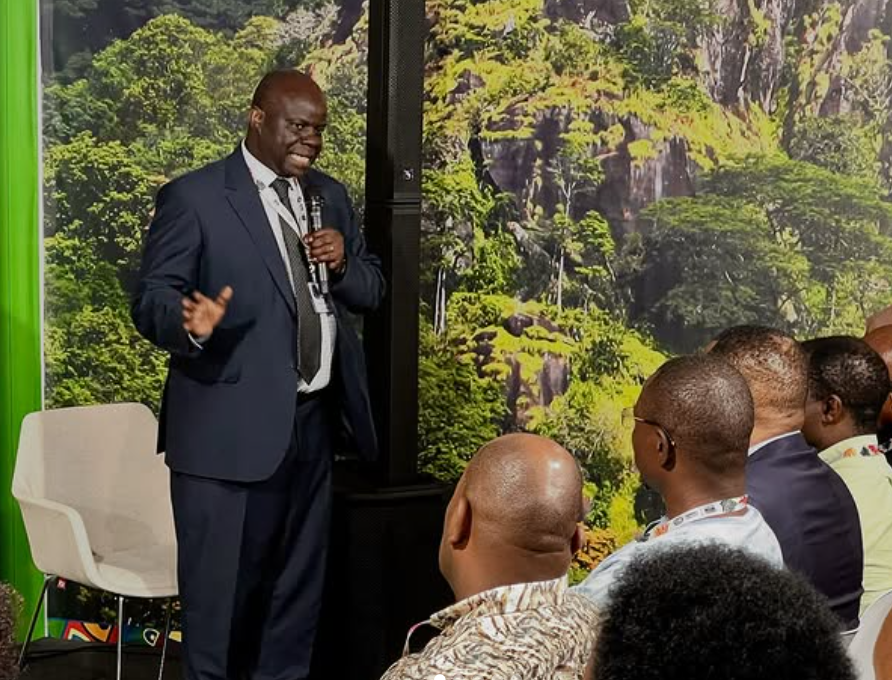By Jenifer Gilla
Belém,Brazil. Tanzania is set to benefit from up to $20 million (Sh50 billion) from the newly operationalized Loss and Damage Fund, a financial mechanism established to help vulnerable nations cope with the irreversible impacts of climate change.
The announcement was made yesterday by Dr Richard Muyungi, the President’s Environmental Advisor and Chair of the African Group of Negotiators on Climate Change (AGN), during a briefing with Tanzanian delegates at the ongoing COP30 UN Climate Change Conference in Belém, Brazil.
According to Dr Muyungi, the Fund has allocated $250 million globally for the 2025 cycle. Tanzania is among the countries prioritized for support, given its growing exposure to severe climate-related events such as droughts, coastal erosion, floods, and loss of biodiversity.
He emphasized that the support will come in the form of a grant, not a loan, and called on the Office of the Vice President (Environment) to urgently appoint a national focal person to coordinate the country’s access to the funds.

“Tanzania will need strong coordination and readiness to ensure we submit high-quality proposals that reflect the real needs of affected communities,” Dr Muyungi said, urging government and non-government actors to collaborate closely.
Dr Muyungi also encouraged Tanzanians attending COP30 including representatives from government, civil society, academia, and the private sector to take advantage of the conference’s diverse networking opportunities.
With nearly 60,000 participants gathered in Belém, COP30 offers access to global banks, NGOs, climate finance institutions, and international governments engaged in decarbonization, adaptation, and resilience efforts.
He reminded the delegates of their responsibility to promote Tanzania’s Development Vision 2025, including showcasing national achievements in renewable energy, conservation, climate-smart agriculture, and community-based climate initiatives that can attract future investment.
“As negotiators and ambassadors, we must ensure Tanzania is visible, credible, and proactive in unlocking opportunities that support sustainable development back home,” he added.


